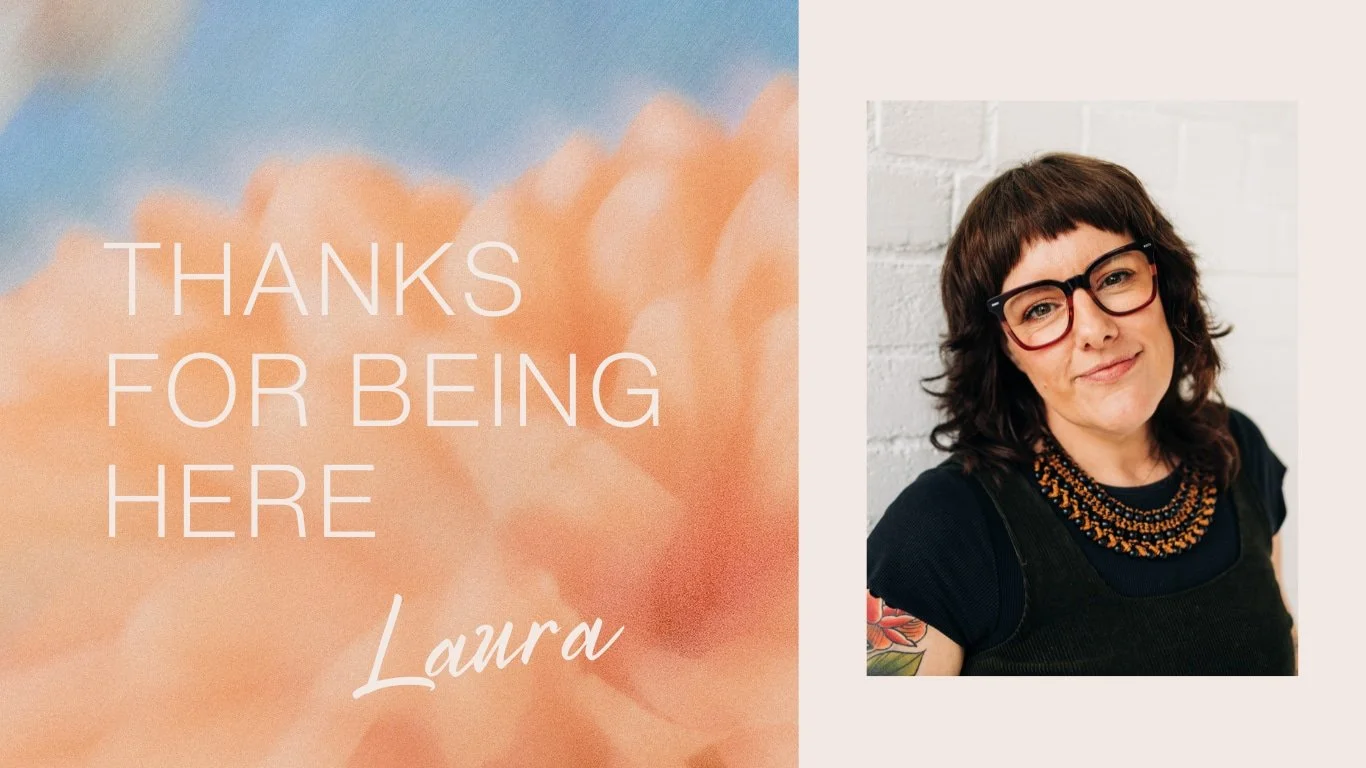Neurodivergence affirming and supportive ADHD therapy
Unraveling your experience: ADHD therapy with a counsellor who gets it
Living with ADHD brings its own unique challenges — and I say that from personal experience. I discovered my ADHD only a few years ago, closely followed by the realisation that I’m also autistic. Alongside that, I experience dyslexia, a touch of dyscalculia and a few dyspraxic traits. So yes, I’m navigating a pretty complex neurodivergent landscape myself.
If you’re new here, I’m Laura, If you’re new here I’m Laura, a counsellor, nature therapist and trauma therapist. I specialise in ADHD therapy as well as Autism therapy, helping clients to explore, understand, and embrace their neurodivergent experience. I offer support both in-person and online.
The growing conversation around ADHD and neurodivergence
In recent years, awareness and understanding of ADHD, autism, and other neurodivergent experiences have grown enormously. More people, especially adults who are socialised as women, are realising that the struggles they’ve carried for years might have an explanation.
This kind of insight can be powerful and validating, but it often comes with waves of emotion too, especially grief for the parts of ourselves that went unseen or misunderstood for so long. It can stir up memories, self-blame or shame and bring both relief and sadness at once.
Alongside this, many people with ADHD also live with mental health challenges such as anxiety, low mood, relationship difficulties, and even burnout. ADHD doesn’t happen in isolation, it can touch every area of our lives.
Neurodiversity-affirming therapy and counselling
Counselling for ADHD can offer a supportive space to explore and make sense of your experiences. Unfortunately, most therapeutic models were designed around neurotypical, western-centric and often pathologising ideas of how the mind “should” work. This means that neurodivergent people are frequently misunderstood or misdiagnosed in therapy.
I’ve lived that myself. Before I realised I was ADHD and autistic, I often felt unseen in the therapy room, as if my way of being in the world was somehow wrong.
That’s why neurodiversity-affirming therapy is so important. It’s about understanding and accepting our differences, rather than trying to “fix” them. ADHD is a disability, but like all disabilities, much of what makes it disabling comes from a world not built to accommodate us. Therapy can be a place to reframe this, to learn that there’s nothing “wrong” with your brain, it just has different wiring that deserves compassion and support
My own Journey with ADHD
As a counsellor, I’ve had the privilege of working with many ADHD and autistic clients, and I’m often struck by how our journeys reflect one another. I know what it’s like to sit on both sides of the therapy room; to be the client who isn’t fully understood, and the therapist who now strives to make sure that no one else feels that way.
I’m passionate about creating a safe, grounded, and affirming space where ADHD and autistic clients can explore who they are, how they function, and what helps them thrive. ADHD might not be the main reason you’re coming to therapy, but it shapes how you experience life — and therapy should make space for that.
Safety and relationship in ADHD counselling
Whether you’re neurodivergent or neurotypical, two things form the foundation of good therapy: trust and safety.
I work collaboratively with each client, recognising that no two people, or two ADHD experiences, are alike. We’ll check in regularly, make adjustments as needed, and shape the therapy space so it supports you best. For ADHD clients, this might mean flexible session structures, sensory considerations or different ways of processing together.
I also work with a neurodivergent supervisor, which means my professional support system includes someone who understands the realities of ADHD and autism. This helps me stay grounded, ethical, and deeply attuned to my clients’ experiences.
Working with ADHD in therapy: the process
Every person’s therapy journey is unique, and therapy for ADHD is no different. You might want to focus directly on ADHD, or it might weave into work around other areas such as relationships, grief, anxiety or trauma.
I work in an integrative way, drawing from:
Somatic therapy — connecting mind and body awareness
Gestalt therapy — exploring patterns and self-awareness in the present moment
Acceptance and Commitment Therapy (ACT) — supporting values-based living and self-compassion
Psychodynamic approaches — understanding how early experiences shape us
Mindfulness and neuroscience-based tools — helping regulate attention and the nervous system
Therapy isn’t something done to you, it’s something we do together. We’ll explore what works for you, at your pace, in a way that honours your nervous system and your unique way of being. I share more about my approach as a therapist here. You might also want to check out this post about how I work with trauma.
Working with me
I work with clients both in person from Stirchley, Birmingham, and online via Zoom. Alongside ADHD and autism, I support clients with:
Anxiety and anxiety disorders
Low mood and depression
Relationship dynamics and patterns
Grief and life transitions
Trauma and nervous system dysregulation
I offer a free 15-minute introductory call as a chance for us to meet, talk about what’s bringing you to therapy, and see whether we feel like a good fit.
If you’re ready to explore your ADHD experience in a supportive, affirming space, I’d love to hear from you. Head here to find out more about working online and here for everything you need to know about working in person.


